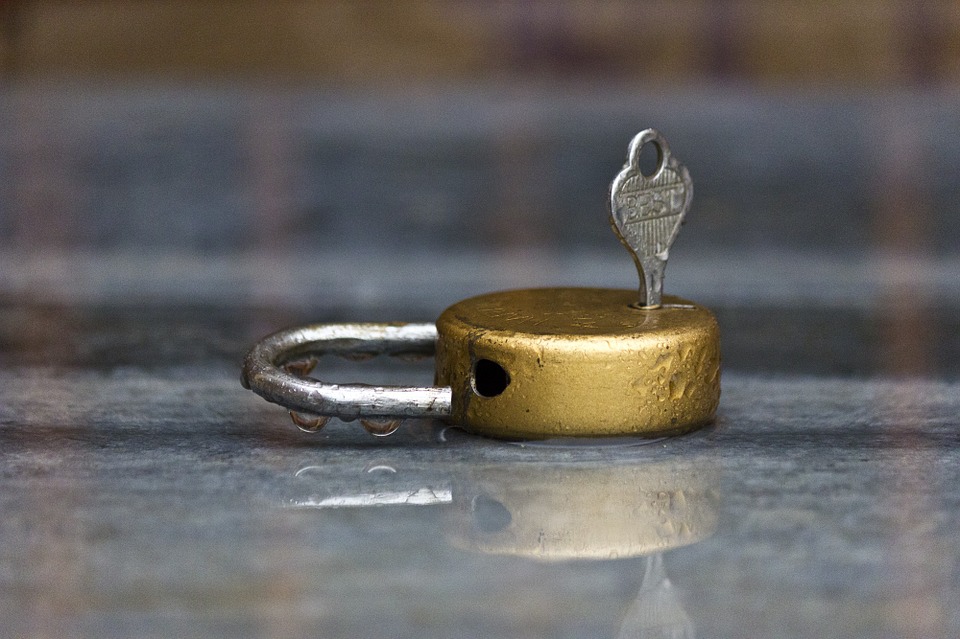
5 Tips on Choosing a Password for Quickbooks
 Your Quickbooks company file probably contains a lot of sensitive data. From customers’ names and addresses to credit card numbers, bank account numbers and more, you’ll need to protect this data from prying eyes. Fortunately, you can lock down your Quickbooks company file by creating a strong password for it. Below are five tips on how to choose the right password that lowers your risk of data breach.
Your Quickbooks company file probably contains a lot of sensitive data. From customers’ names and addresses to credit card numbers, bank account numbers and more, you’ll need to protect this data from prying eyes. Fortunately, you can lock down your Quickbooks company file by creating a strong password for it. Below are five tips on how to choose the right password that lowers your risk of data breach.
#1) Use a Minimum of 7 Characters
According to Intuit, passwords created for Quickbooks company files should consist of at least seven characters. You can’t create a password, in fact, that’s shorter than seven characters. Quickbooks requires the use of at least seven characters for all file passwords.
#2) Use Letters and Numbers
Avoid using all letters or all numbers in your password. Instead, create an alphanumeric password that contains both letters and numbers. Mixing up your password with both letters and numbers will inevitably make it stronger and, therefore, harder to crack.
#3) Lowercase and Uppercase
For the letters in your password, it’s recommended that you use a combination of lowercase and uppercase letters. Some people make the mistake of only using lowercase letters or uppercase letters, believing it poses no risk. In doing so, they end up with a weak password that places their businesses at risk for a data breach. For a higher level of security, you should use both lowercase letters and uppercase letters in your password.
#4) Make It Unique
Always create a unique password for your Quickbooks company file. In other words, don’t reuse the same password from one of your other accounts or services. You may have one or more “favorite” passwords that you use for your email account, YouTube account or other accounts. Rather than using one of these existing passwords for your Quickbooks company file, create a new password. Unique passwords are far more secure than old and existing passwords. By creating a unique password, your Quickbooks company file will be more secure.
#5) Change Every 90 Days
Even with a strong password, you should consider changing it once every 90 days. Passwords can become compromised. Maybe your computer becomes infected with malware, or perhaps a hacker discovers your password through a brute-force attack. Regardless, changing your password once every 90 days will minimize your risk of a data breach.
Have anything else that you’d like to add? Let us know in the comments section below!
